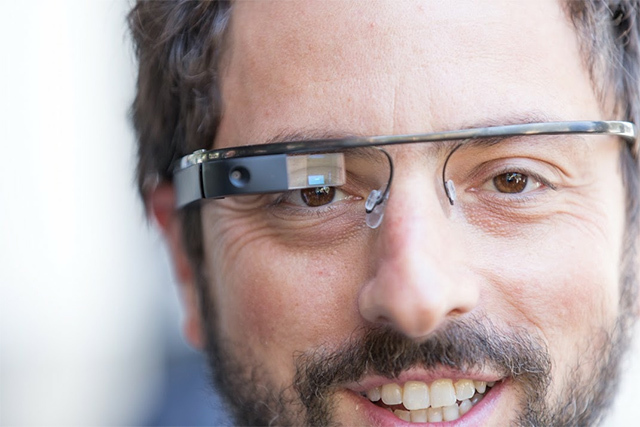

I’m closely following the Human Computer Interaction (HCI) world lately, in an attempt to understand the role APIs will play in this expanding tech sector. One product that is of particular interest is Google Glasses, which I think is one of the most exciting and scariest technologies to emerge in recent times.
As I look across the landscape of emerging HCI technology and other more known and adopted technologies such as smart phones, GPS, etc, I can’t help but think about how Google is genius for targeting the most ideal real estate in our physical world.
Think about the other pieces of tech in our lives:
- Smart Phone - A smart phone is a pretty desirable piece of virtual real estate. It has our GPS location, identity and contains a lot of info about our every day lives. But it tends to live in our pocket, purse or other location and is only engaged when we decide
- Watches - I’m not a big watch person, but I know people who are. It is a pretty good location to place a piece of tech in our worlds. The limitations of a watch is very similar to the limitations of a smart phone in our pocket
- Health Devices - Devices like Fitbit and Nike+ Fuelband are emerging providing another slice of our lives, with location, pedometer and other tracking mechanisms with a focus on our health and activity, but can be limited to lesser areas of our bodies
- Automobiles - Our dashboards are becoming valuable real estate in the online world, but this real estate is still limited to your time in the car which will vary widely
- Wearable Tech - Our clothes are beginning to get equipped with digital goods from lights and eye candy, to headphones, sensors and tracking that will be used as part of our online world
Alll of these areas of evolution in the technology space offer some pretty interesting opportunities for digital integration into our physical worlds, but none of them have the potential of glasses. We would wear our glasses everywhere (potentially) and they sit on our heads, giving them the primest body real estate, and are responsive to what we see, and where we are at at any moment.
This prime real estate is no doubt why Google is putting all this money into Google Glasses. HCI through glasses offers the most possibilities for innovation, but also posses the highest probably for abuse. Think about it, its on your head, sees everything you see, and sits next to your ears, eyes and brain. There will be abuse!
Although I’m following this space with enthusiasm, as with any other tech, I’m extremeley skeptical about how it will be used, and constantly pondering the negative potential, while trying to showcase the positive use of this powerful technology.
